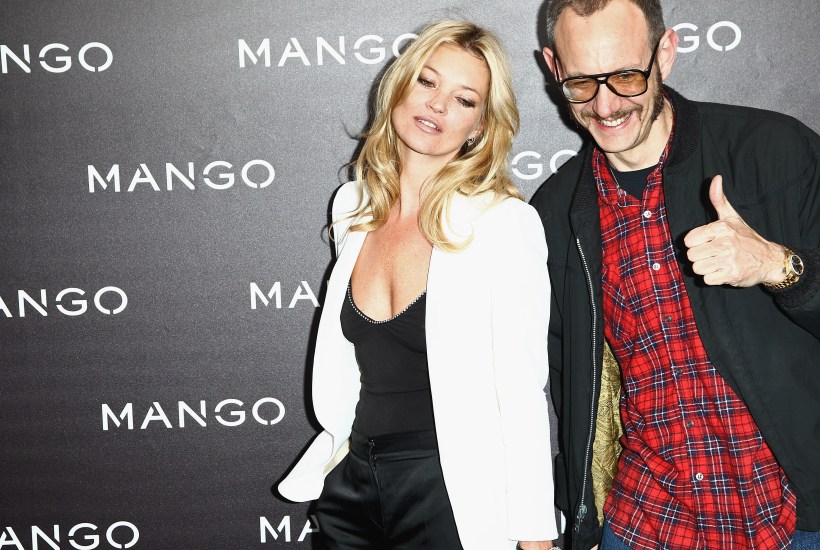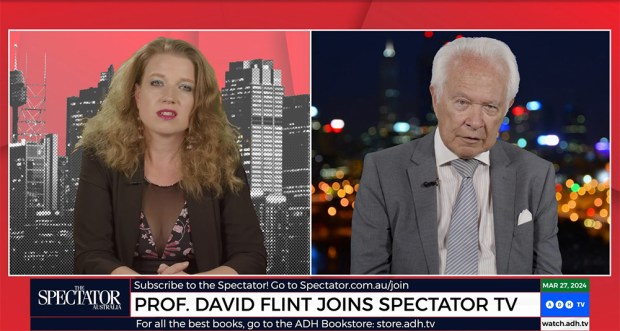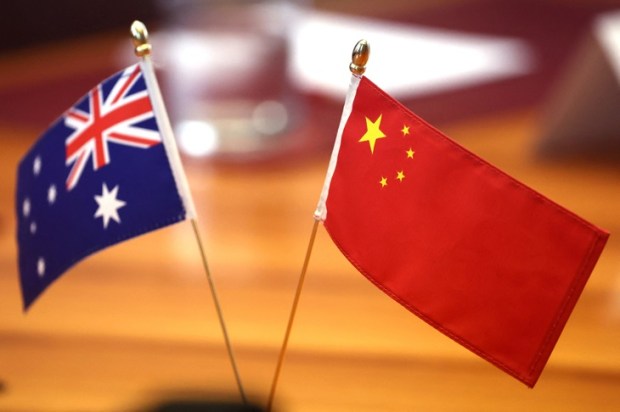It’s almost an absurd question. Smartphones have put the world’s knowledge at our fingertips. Passenger jets fly us to the other side of the planet in a day. Soon AI will relieve us from all of life’s humdrum tasks.
But in just the space of a few decades, phenomena like slavery, anxiety, mysticism and terror have made alarming comebacks. Are these omens of a new Dark Age? Even as we accumulate the relics of a supermodern world, are the vision, values and humanity that brought us here fading to black?
“Slavery, anxiety, mysticism and terror have made alarming comebacks.”
History’s single greatest lesson is that we don’t learn from history—or in the words of another well-known maxim, those who don’t know history are destined to repeat it.
So join me on a time-travelling adventure through the Middle Ages, and let’s see if anything looks familiar.
Passivity and Mysticism
In the medieval world, superstition was rife. Truth wasn’t discovered by the courageous common man; it was dispensed by the church and those wielding power.
Thanks to reformation and renaissance, we have universal literacy. But while generations past treasured this, today’s culture of whatever shrugs it off with apathy. Education systems soften us; university degrees are becoming commodified, mass-produced, and shoddy.
“Those who don’t know history are destined to repeat it.”
Beneath this decline in serious learning lay the crumbling ruins of a Judeo-Christian worldview. We could have restored their foundations, but instead we chose an experiment. Breeding modernism with mysticism, we’ve created a strange beast.
Now alternative everything has gone mainstream, all backed by its own “literature”. Truth can be validated by empiricism, politics or passion—depending on which tickles your fancy. The humanities have seen this for decades; now watch it rise in the sciences too.
Political correctness and its bizarre new morality pose as Pope for our brave new world. Too many are gullibly persuaded by this upstart authority; too few are willing to speak out for fear they’ll be branded with a phobia.
Widening Inequality
Happily, the modern world has set us free from the rule of princes and feudal lords. Each of us has a vote—and along with it, rights, liberties and opportunities never dreamt of by the peasants of a past age.
And while liberal democracy is by far the best system devised, its founding fathers handed it on to us with sobering words. America’s second president John Adams said, “Remember, democracy never lasts long. It soon wastes, exhausts, and murders itself,”—and, “Our constitution was made only for a moral and religious people. It is wholly inadequate to the government of any other.”
“Today, one per cent of the world’s population owns half the world’s wealth.”
Could it be that we’re experiencing the “any other” he warned of? Consider the widening gap of inequality. A shrinking number of banks and businesses rule the global economy, paying little to no tax. One per cent of the world’s population owns half the world’s wealth. Many are now convinced that class mobility is just a dream.
When so much power is held by so few, and when political influence is up for sale to the highest bidder, our vision grows dull and it’s hard to tell businessman from kings, and feudalism from freedom.
Pessimism, Fear and Brutality
The Middle Ages have been called dark because they were a period of cultural and economic decline that eclipsed the glory of Rome. Europe’s idealism gave way to angst, fear of the outside world, and centuries of bloody crusades.
There are remarkable parallels today. Our technology might be advancing, but in other ways we’re going backwards. We’re obsessed with trivia, airbrushed porn, and the cult of celebrity. Popular tastes in music are vulgar. Even hipster nostalgia is growing kitsch.
“Like the medievals, we’ve got little new to say but we’re desperate to defend it.”
Crass arts pepper every age, but what passes as art today raises eyebrows for its grotesqueness as much as its creativity. If you don’t believe me, take a walk through a modern museum.
Like the medievals, we’ve got little new to say but we’re desperate to defend it. It’s us versus them, with ideological borders replacing the old geographical ones. Now the enemy shares our cul-de-sac, but we wouldn’t know it because we’ve never met. Online algorithms have created parallel left-and-right societies where we reinforce our own dogmas and hoist the drawbridge of our minds.
“We’ve enslaved more people than the abolitionists ever set free.”
If recent times are anything to go on, it’s a small step from social fragmentation to cruel violence and rioting in the streets. Maybe these crusades will end after another election. Or maybe they’re just the beginning.
It will all depend on our collective conscience: is it truly wrong to hurt our fellow man? We’ve been desensitised from years of terrorism on the nightly news and Hollywood’s glorified brutality. If that weren’t enough, we’ve murdered millions of the unborn and enslaved more people than the abolitionists ever set free—all for cheap trinkets and virtual pleasure.
Tyranny Beckons
This is not what the pioneers of the free world dreamed of. They warned us that democracy only works if its people are inwardly restrained by their own morals and manners. As these slip away, will we the people, at last, prefer tyranny to chaos?
Patrick Henry, another US founding father, said, “It is when people forget God that tyrants forge their chains.” I’m not ready for 1984 just yet. Our civilisation is fading like the dusk, but it’s still the freest on earth, and that makes it worth fighting for.
“Democracy only works if its people are inwardly restrained.”
The western hemisphere has recently celebrated 500 years since the Reformation—the social and spiritual revolution that jolted us out of the Dark Ages and into the modern world.
Call me dramatic, but I think it’s time we had another one.
Kurt Mahlburg is the Youth and Young Adults Pastor at Hills Baptist Aldgate in the Adelaide Hills and blogs at kurtmahlburg.blog.
Got something to add? Join the discussion and comment below.
Got something to add? Join the discussion and comment below.
Get 10 issues for just $10
Subscribe to The Spectator Australia today for the next 10 magazine issues, plus full online access, for just $10.


























Comments
Don't miss out
Join the conversation with other Spectator Australia readers. Subscribe to leave a comment.
SUBSCRIBEAlready a subscriber? Log in